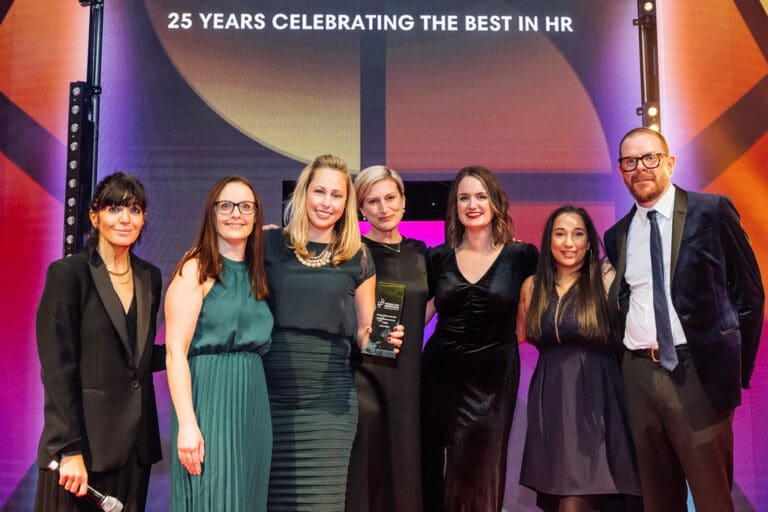We recently conducted research in partnership with Bright Network and EY to explore the views of women studying at UK universities, who want a career in Technology, Engineering or Consulting (TEC).
We wanted to understand their past experiences of exploring future career options and get their views on what can be done to enhance the process.
As part of this wider research piece, we also asked them about their engagement and interaction with their careers service.
50 female undergraduates joined our session on the Meet & Engage platform and the results from the section on Careers and Employability Guidance proved to be surprisingly varied.
Here’s a round-up of what we found:
The majority of the group told us they engaged with their careers services in their first or second year but there were mixed views on the usefulness of the service.
I believe you should engage with your careers service in the first year although the emphasis seems to be placed on the transition and adaptation to university life. I did not engage until the beginning of my final year
Make students fully aware of what they offer from year 1 and that no question is a stupid question to encourage engagement.
The most popular way to engage with (or be engaged by) the careers service was online advice (via the website) or through one-to-one appointments.
Clarity in the role and offering, increased visibility on social media, earlier engagement with first years, and increased availability and flexibility were all reported to help improve the offering.
More online sessions because not everyone can attend sessions during uni hours – an online portal would be handy.
Perhaps social media would help? I don’t think many students at my university even know the careers service exists!
Sessions offered by the careers services tended to include skills workshops e.g. Linkedin, assessment centre prep etc with a couple of services offering awards for completing a programme of sessions.
Interestingly, the students we spoke to gave the impression that there was a focus on offering advice around CV and covering letters – but does this mirror employers’ actual requirements?
When we asked students about careers guidance in general, our audience felt employers have a role to play in upskilling students when it comes to employability and careers advice.
They also said that accessibility and flexibility were key to any guidance – students need to know how to access it and consideration should be given as to how they can they fit this in around their studies.
Mentoring, buddying, workplace simulation, online portals with learning materials and networking events were all suggestions for enhanced guidance.
I think many students still do not wholly recognise the value of skills so it is the responsibility of those with such awareness to promote skills in any way given its importance in employability today.
In summary, there’s a real appetite for advice and guidance from careers services, employers and organisations like Bright Network to help students relate their experiences to the recruitment process. But perhaps the question should be – are careers service engaging with students early enough and do they provide this service in an agile and responsive way?
If you’d like to find out more about Meet & Engage and how live engagement can help with your careers service efforts, feel free to get in touch with me for a chat at sarah.brown@meetandengage.com






